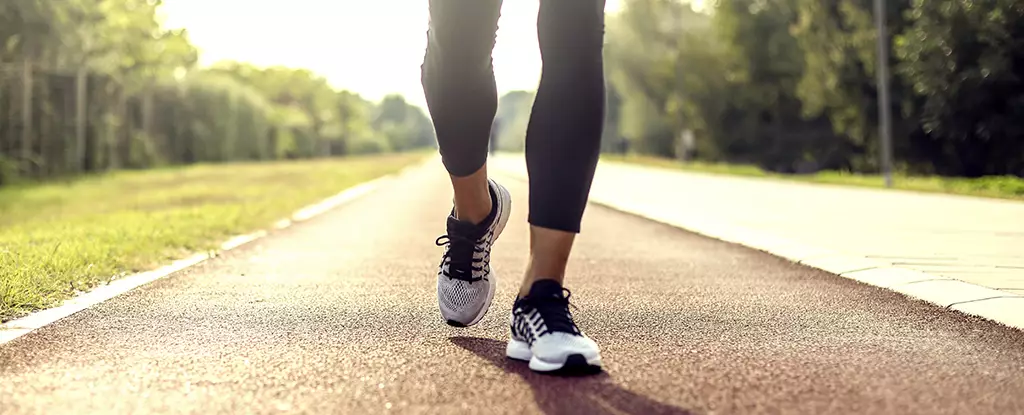For years, the conversation about physical activity has been saturated with the notion that more is always better—more miles, higher intensity, longer durations. But what if a simple shift in pace, a subtle yet deliberate increase in walking speed, holds the secret to extending our lifespan? The recent research from Vanderbilt University boldly questions and refines that conventional wisdom, suggesting that a mere 15 minutes of brisk walking daily can dramatically tilt the odds of a healthier, longer life. In a world increasingly plagued by sedentary routines and health disparities, this insight is more than just an academic finding; it’s a catalyst for transformative public health strategy.
This study moves beyond the usual focus on vigorous workouts or costly gym memberships. Instead, it targets an accessible form of exercise—walking—that nearly everyone can incorporate into daily life. Importantly, it underscores the power of pace. A steady but moderate increase in speed, pushing beyond the comfort zone without requiring specialized equipment, might be the most pragmatic, equitable approach to combating some of society’s greatest health challenges.
Unearthing Disparities to Promote Inclusive Health Solutions
One of the most compelling aspects of this study is its focus on traditionally marginalized populations—low-income and Black communities—who often face barriers to health-promoting resources. These groups are disproportionately affected by conditions like cardiovascular disease and have less access to safe, walkable neighborhoods. By confirming that increased walking speed benefits everyone regardless of socioeconomic status, the research advocates for an inclusive paradigm shift. It invites policymakers and community leaders to reconfigure urban landscapes and public health campaigns to prioritize safe, walk-friendly environments.
The significance of such findings cannot be overstated. They challenge the narrative that lifestyle improvements are only for the affluent or the physically privileged. Instead, they highlight a democratic pathway to health—one that leverages simplicity, community support, and equitable access. Accelerating walking habits in underserved communities could serve as an accessible, cost-effective intervention for reducing mortality rates and mitigating health disparities.
Reframing “Exercise” as a Societal Responsibility
The implications of the study extend into societal responsibility and how we conceive community health. Walking is often dismissed as trivial, a mundane daily activity rather than a potent health intervention. But this research catalyzes a reevaluation: if something as straightforward as a 15-minute brisk walk can reduce mortality risk by nearly 20 percent, why isn’t this message prioritized on a broader scale?
Public health campaigns should embrace this nuance, emphasizing not just movement but the importance of pace. Urban planning should integrate walkable infrastructure that encourages faster walking—smooth sidewalks, safe crossings, and mindful design that incentivizes active commuting. Schools, workplaces, and local governments can foster environments where swift walking is normalized and celebrated, transforming neighborhoods into corridors of health rather than zones of inactivity.
Fundamentally, this insight urges a cultural shift—viewing our daily walks through the lens of health activism rather than just pedantry. When society recognizes that something as simple as walking faster can save lives, we are compelled to rethink how we design our cities, workplaces, and daily routines. The stakes are high, and the potential payoff—extra years of vitality—is undeniable.
This research not only challenges existing assumptions but compels us to act—rethinking health, accessibility, and urban living. Walking faster isn’t just an optional upgrade; it’s a vital, underestimated tool in our fight to live longer, healthier lives. With collective effort, this knowledge can become a catalyst for meaningful change, ensuring that health benefits aren’t confined to the privileged but extend to every corner of society.

